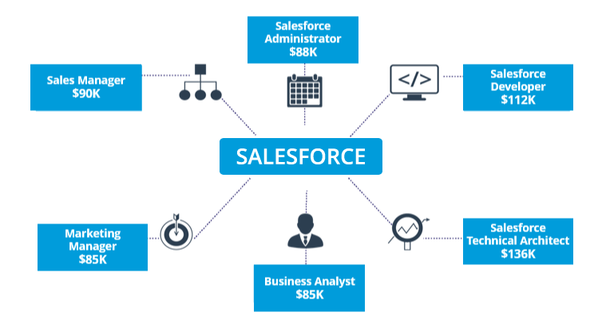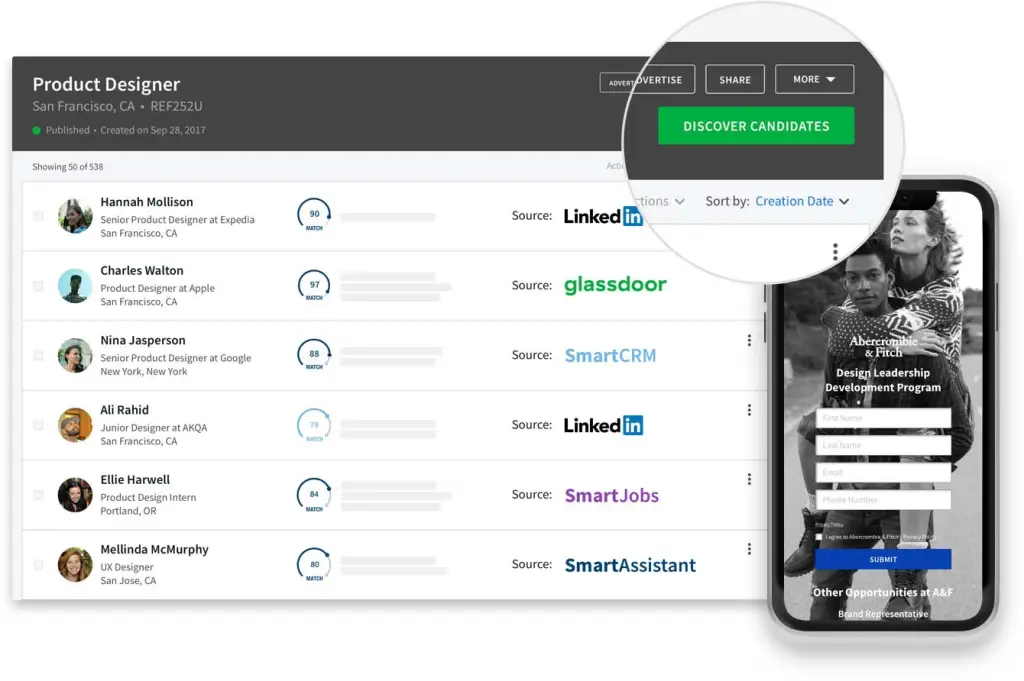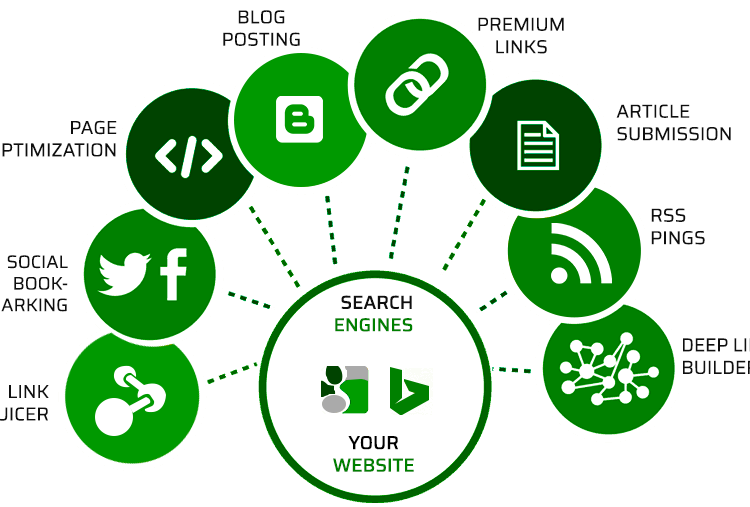The nursing field is constantly evolving, with increasing demands for advanced education and specialized skills. While an Associate Degree in Nursing (ADN) is a stepping stone to a rewarding career, many nurses are choosing to further their education by pursuing rn to bsn degree programs. This shift reflects a growing recognition that a Bachelor of Science in Nursing (BSN) provides a broader foundation, enhanced clinical knowledge, and greater career flexibility.
Toc
Benefits of RN to BSN Degree Programs

There are numerous benefits to pursuing a RN to BSN degree program. Some of the most prominent advantages include:
Enhanced Clinical Skills and Knowledge
RN to BSN degree programs build upon your existing nursing knowledge and skills, allowing you to delve deeper into essential nursing concepts. These programs cover advanced topics such as critical care, leadership, health policy, and evidence-based practice. By enhancing your understanding of complex health conditions and treatment modalities, you will be better equipped to analyze patient needs critically and create effective, evidence-based care plans. This increased expertise not only boosts your confidence but also significantly improves the quality of care you provide to diverse patient populations.
Developing Critical Thinking and Evidence-Based Practice
RN to BSN programs equip nurses with a deeper understanding of complex health conditions and treatment modalities, enabling them to make informed clinical decisions. For example, they learn advanced assessment techniques, such as interpreting EKGs or analyzing lab results, which are crucial for identifying potential complications and providing timely interventions. The curriculum often includes courses on advanced pathophysiology, which explores the underlying causes and mechanisms of diseases. This knowledge helps nurses understand the impact of diseases on the body and develop tailored care plans for patients with specific conditions.
Leadership and Management Skills Development
A key component of RN to BSN degree programs is the emphasis on developing leadership, management, and advocacy skills. These programs are designed to cultivate your communication and delegation abilities while providing a deeper understanding of healthcare systems and policy issues. With these skills, you will be prepared to take on influential roles in healthcare settings, advocating effectively for patient well-being and leading teams toward better health outcomes.
Specialized Roles and Leadership Opportunities
Earning a BSN opens doors to specialized nursing roles, such as certified registered nurse anesthetists (CRNAs), nurse practitioners (NPs), and certified nurse midwives (CNMs). These advanced practice registered nurses (APRNs) provide a wide range of healthcare services, including diagnosing and treating illnesses, prescribing medications, and managing patient care. The demand for CRNAs is expected to grow significantly in the coming years, as they play a crucial role in providing safe and effective anesthesia care in various settings.
Career Advancement Opportunities
The demand for BSN-prepared nurses is on the rise, and earning your BSN can provide you with a competitive edge in the job market. Many healthcare organizations now require or prefer nurses with a BSN, recognizing the value of their advanced training. An RN to BSN degree opens doors to specialized certifications and advanced nursing roles such as charge nurse or nurse manager. Additionally, the earning potential for BSN-prepared nurses is notably higher; according to the Bureau of Labor Statistics (BLS), the median annual salary for registered nurses with a BSN degree is approximately $81,220, with the potential to earn upwards of $92,310 in top-paying industries. The BLS also projects a remarkable 15% growth in registered nursing jobs by 2026, much faster than the national average for all occupations.
Building a Foundation for Graduate Studies
Completing your BSN lays a solid foundation for pursuing advanced nursing degrees, such as a Master of Science in Nursing (MSN) or Doctor of Nursing Practice (DNP). With a robust grounding in nursing principles, critical thinking, and research methodologies, you will be well-prepared for specialized roles in areas like advanced practice nursing, nursing education, or nursing administration. This preparation not only enhances your career prospects but also positions you to take on leadership roles in the future.
Understanding the RN to BSN Curriculum

RN to BSN programs typically encompass a comprehensive and diverse curriculum designed to enhance nursing knowledge and competencies. Core courses often include community health nursing, which focuses on public health issues, prevention strategies, and the delivery of care to diverse populations. Nursing research is another critical component, emphasizing evidence-based practice and the ability to critically appraise scientific studies that impact clinical decision-making. Additionally, the curriculum may integrate subjects such as ethics in healthcare, enabling nurses to navigate moral dilemmas with confidence and integrity. Electives and practicum experiences allow students to explore specific interests and apply theoretical knowledge in real-world settings. Overall, the RN to BSN curriculum fosters a holistic approach to nursing, empowering nurses to elevate their practice and contribute meaningfully to patient care and healthcare innovation.
1. https://b-decor.com/archive/1119/
2. https://b-decor.com/archive/1123/
3. https://b-decor.com/archive/1122/
RN Curriculum Overview
The RN curriculum provides the foundational knowledge and clinical skills necessary for entry-level nursing practice. It includes courses in human anatomy and physiology, which offer an in-depth understanding of the human body and its functions. Additionally, pharmacology courses teach students about various medications, their mechanisms, and their side effects, ensuring safe and effective patient care. Nursing fundamentals and medical-surgical nursing are key components where students learn essential clinical procedures and critical thinking skills vital for caring for patients with acute and chronic conditions. Furthermore, the curriculum incorporates clinical rotations in diverse settings, enabling students to apply their theoretical knowledge in real-world environments and gain firsthand experience in patient care. This well-rounded education prepares students to take the NCLEX-RN exam and pursue roles as registered nurses in multiple healthcare settings.
Clinical Practice and Experiential Learning
A significant aspect of both RN and RN to BSN programs is the emphasis on clinical practice and experiential learning. Through hands-on experiences, nursing students gain critical skills and confidence in real-world healthcare settings. Clinical rotations offer exposure to various specialties, such as pediatrics, geriatrics, maternity, and psychiatric nursing, allowing students to explore potential career interests. These practical experiences encourage the application of theoretical knowledge to patient care, fostering the development of sound clinical judgment and decision-making skills. Additionally, simulation labs provide a safe environment for students to practice procedures and respond to emergency scenarios, enhancing their readiness for real-life situations. This combination of experiential learning and classroom instruction ensures that graduates are well-prepared to meet the complex demands of the nursing profession and deliver high-quality, patient-centered care.
Choosing the Right RN to BSN Program

When it comes to selecting the right RN to BSN program, several factors should be considered to ensure the best fit for your needs and career goals.
Accreditation and Reputation
Accreditation is a crucial aspect of nursing education. Look for programs accredited by the Commission on Collegiate Nursing Education (CCNE) or the Accreditation Commission for Education in Nursing (ACEN). These accreditations guarantee that the program meets specific educational standards. Additionally, researching the program’s reputation, faculty expertise, and alumni success rates can help you choose a reputable institution that aligns with your aspirations. For instance, Nevada State University offers a CCNE-accredited RN to BSN program recognized for its innovative curriculum and commitment to student-centered learning.
Program Format and Flexibility
RN to BSN degree programs come in various formats, including fully online, hybrid (a combination of online and in-person), and traditional classroom-based options. It’s essential to consider your personal learning style and work schedule when selecting a program. For working nurses, online RN to BSN programs offer the flexibility needed to continue education while managing professional responsibilities. Many programs provide multiple start dates throughout the year and accelerated course formats, allowing you to complete your degree in as little as 12-18 months.
Cost and Financial Aid
Tuition and fees for RN to BSN programs can vary significantly, making it essential to compare costs and explore financial aid options. Investigate scholarships, grants, and loan programs that can help offset your educational expenses. Consider the potential return on investment, including the increased earning potential and career advancement opportunities associated with a BSN degree. For example, SUNY Delhi offers affordable public tuition rates and various financial aid options to make the RN to BSN degree more accessible.
Finding the Right Program for You
Choosing the right RN to BSN program is a crucial step in your nursing journey. Consider all aspects of the program, including accreditation, reputation, flexibility, and cost, to make an informed decision. Remember that each program may have its unique strengths and offerings, so evaluating multiple options can help you find the best fit for your individual goals and needs. With dedication and determination, earning a BSN degree can open doors to new opportunities and take your nursing career to the next level.
Online Learning Resources
Utilizing reputable websites is crucial in finding RN to BSN programs that suit your specific needs and career aspirations. Websites such as the Commission on Collegiate Nursing Education (CCNE), the Accreditation Commission for Education in Nursing (ACEN), and Nursing Schools.com provide comprehensive and valuable information on accredited nursing programs. These platforms allow you to explore various options, compare program offerings, and determine which programs align with your career goals and personal circumstances. Spending time reviewing these resources can also help you understand the prerequisites, course structure, and potential outcomes of each program, ensuring you make an informed decision.
Program Comparison Tools
To research and compare different RN to BSN programs more effectively, consider using online program comparison tools. Websites like U.S. News & World Report and GradReports offer detailed insights into program quality, including faculty qualifications, student reviews, graduation rates, and employment outcomes. These tools often provide rankings and ratings that can guide your decision-making process by highlighting the strengths and weaknesses of various programs. By leveraging these resources, you can evaluate factors such as program reputation, tuition costs, financial aid availability, and student satisfaction, helping you to choose a program that best fits your academic and financial situation.
Contacting Schools Directly
Don’t hesitate to reach out to schools directly to request more information, schedule a visit, or ask specific questions about program details. Engaging with admissions counselors can be incredibly beneficial as it provides you with a clearer understanding of what to expect and how each program can meet your unique needs. Admissions counselors can offer insights into the application process, discuss potential career paths upon graduation, and provide information on scholarships or financial aid opportunities. Direct communication with schools also allows you to assess the level of support and resources available to students, such as academic advising, career services, and networking opportunities with alumni. This personal interaction can be a valuable part of your decision-making process, ensuring that you find the best fit for your educational and professional goals.
Frequently Asked Questions

1. https://b-decor.com/archive/1120/
2. https://b-decor.com/archive/1118/
3. https://b-decor.com/archive/1123/
Do I need a BSN to be an RN?
While a BSN is not strictly required to work as an RN, it is becoming increasingly important for career advancement. Many healthcare organizations are now requiring or preferring BSN-prepared nurses due to the growing recognition of the benefits they bring to patient care.
How long does it take to complete an RN to BSN program?
Program lengths can vary, but many RN to BSN programs can be completed in 12-18 months. Some institutions offer accelerated formats that may allow you to earn your degree in as little as 12 months, depending on your schedule and commitment.
Are there online RN to BSN programs available?
Yes, numerous accredited institutions offer fully online RN to BSN programs, providing the flexibility needed for working nurses. These programs often utilize innovative learning technologies, including virtual simulations and interactive software, to deliver a high-quality educational experience.
What are the admission requirements for RN to BSN programs?
Typical admission requirements include having an Associate Degree in Nursing (ADN), a current RN license, and a minimum GPA. Some programs may also require prerequisite courses in subjects like English composition, psychology, and statistics.
Conclusion
Pursuing an RN to BSN degree can significantly enhance your nursing career by providing opportunities for career advancement, increased earning potential, improved clinical skills, and leadership development. As the healthcare landscape continues to evolve, the importance of higher education in nursing cannot be overstated. Take the next step in your professional journey by researching and applying to RN to BSN programs that align with your career goals and aspirations. Remember, the right program can unlock new opportunities and propel your nursing expertise to new heights, enabling you to make a lasting impact on the lives of your patients and your community.










